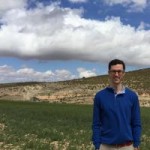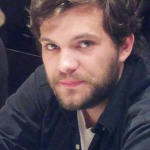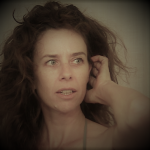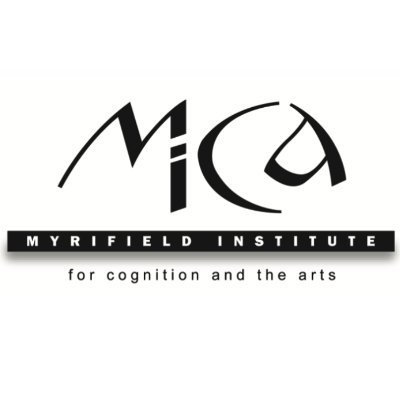Visiting fellows
Benito Elías García Valero
Mr. García Valero is lecturer of Theory of Literature and Comparative Literature at the University of Alicante. He did his PhD on the commonalities between the world views derived from the interpretations of quantum physics and magical realism, applied to contemporary Japanese literature. His research interests today are the relations between science and literature, cognitive studies and the new genres of the fantastic.
Projects worked in Catania:
-The neurohermeneutic approach into the anthropological system of symbols described by Gilbert Durand
-Application of neurohermeneutics to the design of new methodological practices for teaching Theory of Literature and for the creation of the laboratory ‘Cuerpo y símbolo’ (https://laboratoriocuerpoysimbolo.com/).
Benito says:
My stay in Catania with the Neurohumanities team was a very enriching experience in every aspect. The leading intellectual activity of the professors Gambino and Pulvirenti has been granting Catania the condition of being an essential hub of neurohumanities today, with special recognition to cognitive studies and hermeneutics as they have been reformulated in their neurohermeneutic approach. Apart from the huge impact that my four-months stay had in my research, I also need to mention the extraordinary human quality of the team composing the NHS, given their care and attention during my visit.
Mauricio Cheguhem Riani
He has studied the Master in Spanish and Latin American Literature, Literary Theory and Comparative Literature (University of Salamanca) during the academic year 2015-2016. His final master’s work focuses on the relationship between science and mysticism in Ernesto Cardenal’s Cosmic Canticle. He has been professor of Modern Literature at the University of Montevideo during the academic year 2016-2017 and invited as professor of Aesthetics at the Faculty of Theology of Uruguay. Right now he is a PhD student at the University of Salamanca and part of the ILICIA group (Literary Inscriptions of Science), directed by Amelia Gamoneda. His dissertation is focused on the relationship between poetry, epistemology and mathematics, especially in Latin American poets.
Erin Christine Bell
Ms. Bell’s current research deals with understanding nuances in intuition/heuristic knowledge during meditative states – particularly during un/less-inhibited movement practices. Her work is inspired by the late phenomenologist/neuroscientist Francisco Varela and engages in intersubjective, bodily based experience through interview-research formats influenced by Micro-Phenomenology. Her research practice includes live performance with experiential audience research, as well as somatic movement experiments followed by participant interviews.
She is interested in how this first-person data can collaboratively enrich current third-person scientific research in areas such as cognition, microbiome study, and cardio research. Also, she is interested in how this work might contribute to consciousness studies, therapy, dance research, performance practice, studies in affective response, agency, empathy and more. As a maker of art, Ms. Bell has consistently found interest in the strength of exposed vulnerabilities, authenticity, vigorous research and humor. Her work is rooted in an endless curiosity of human experience and a belief in human connection. She studies and teaches somatic movement and bodywork, frequently instigating projects and experiments with both trained and untrained performers. She has worked with countless, astounding artists in professional and ‘underground’ contexts in New Orleans, Brooklyn, the Blue Ridge Mountains, Bread and Puppet Theater (US), as well as working internationally (Puerto Rico, Germany, Canada, Palestine, Greece and Slovenia) – creating music, theater, dance, puppet shows, video, and creations which do not quite fit into a genre.












